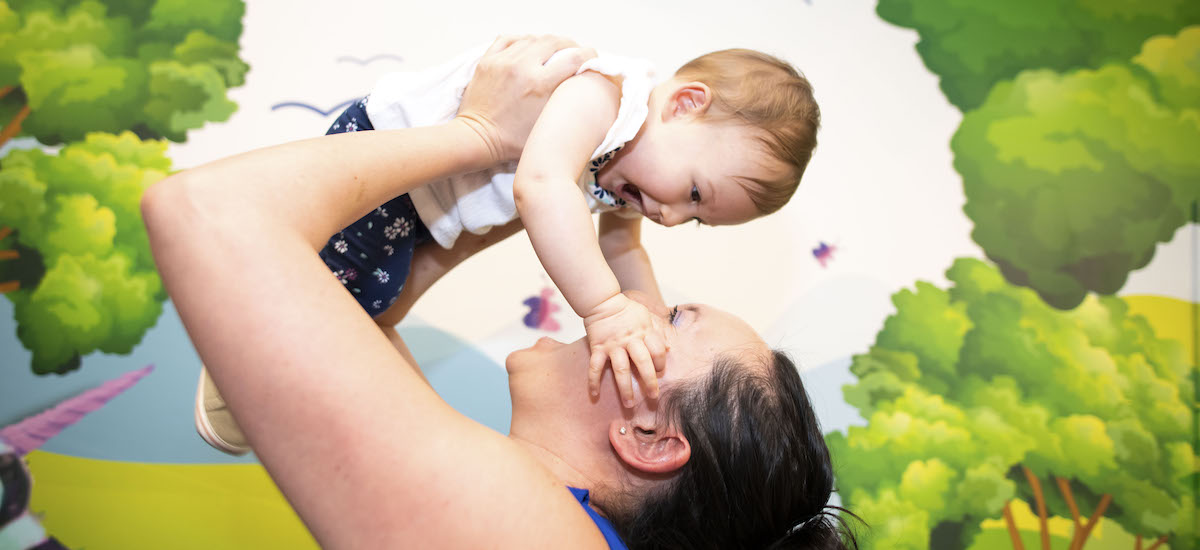Get Involved
How do I get involved with the insp!re lab?
The inspire lab welcomes students who are interested in research. If you are interested in learning about opportunities to get involved, please contact Julia Lisle at .(JavaScript must be enabled to view this email address).
What roles are available for students in the insp!re lab?
The insp!re lab team includes Post-Professional OTD residents, PhD students, and Level IIB/Capstone students, student workers, and volunteers.
What would a post-professional residency or Level IIB/capstone experience look like in the insp!re lab?
Students who complete their residency or Level IIB/capstone in our lab will take on a leadership role for one of our ongoing studies. Students will be matched to a study based on their current skill set, professional goals, and current needs of the lab. With mentorship, students will develop organizational skills to coordinate a study, be trained to administer standardized assessments for data collection, and contribute meaningfully to team science.
Who can participate?
The insp!re lab has multiple ongoing studies that are currently recruiting. Please see our research page for a description of studies and details regarding who can participate.
Where is the lab?
The insp!re lab space is on the USC Health Sciences Campus in the Center for Health Professions (CHP), Room 110. Find directions and maps.
Why is my participation important?
Your family’s participation is key to help us better understand development. By choosing to participate in research, you have the opportunity to contribute to advancing knowledge of individual differences in normal development and early risk signs for neurodevelopmental disorders, including autism. The earlier we identify warning signs, the sooner we can offer support to families and children who need it. We hope you will also learn more about your child’s development along the way!

⋯
Resources
If you have concerns about your child, the best first step is to discuss them with your child’s primary care provider. Additionally, you can directly contact your local Regional Center to request a developmental evaluation for your child. If you would like to learn more about red flags in child development, you can refer to the “Reasons for Concern” brochure from the California Department of Education and the Department of Developmental Services. Below you can find a list of resources you can explore to get connected and support your child’s development.
- Regional Centers offer referrals, intake assessments, evaluations, and case management services to support your family and your child’s development. After you contact your local Regional Center, a service coordinator will be assigned to help your family through the process of matching your child with appropriate services if needed. Diagnosis and eligibility assessments are offered at no cost through Regional Centers. You can look up your local Regional Center by ZIP code on the California Department of Developmental Services website.
- California’s Early Start Program offers early intervention services for infants and toddlers (0-3) who have or are at risk for developmental disabilities. Identifying concerns as early as possible is important for your child’s development. Evaluations for the Early Start Program are conducted through Regional Centers. There are also Early Start Family Resource Centers that offer support groups and can help you navigate local resources and services for your child. Learn more about Early Start at its website.
- If you have questions about your child’s development, but you aren’t sure who to ask, you can call the Birth to Five Helpline at (877) 705-5437. The Birth to Five Helpline is a free bilingual (English/Spanish) telephone consultation service with professionals available to answer any questions you have related to your child’s development, behavior, sleep, nutrition, or many other areas in which you may want support. Learn more at the Birth to Five Helpline website.
- First 5 LA can get you connected with free and low cost programs throughout LA County. Resources include healthy eating programs, opportunities for play and movement, free giveaways, professional advice lines, and many more. You can access First 5 LA resources at their website.
- If you are concerned about your child’s development and want to seek diagnostic services and treatment, the Children’s Hospital Los Angeles Boone Fetter Clinic offers services from a multidisciplinary team of professional experts in child development. You can call (323) 361-6102 to speak to a nurse care manager who can help connect you with appropriate professionals at the clinic or visit the clinic’s website to learn more.




